-
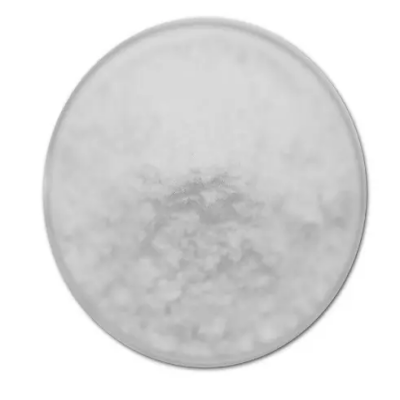
(R)-(1,4-oxazepan-2-yl)methanol hydrochloride CAS:1956437-54-9
(R)-(1,4-oxazepan-2-yl)methanol hydrochloride is a specialized compound with crucial applications in pharmaceutical synthesis and research. Featuring a unique molecular structure, it serves as a pivotal intermediate in the production of various pharmaceuticals and fine chemicals. This compound offers exceptional stability and reactivity, making it an indispensable component in complex molecular transformations. The presence of the (R)-configuration in its structure enhances its specificity and utility in chiral synthesis, ensuring the creation of optically pure compounds.
-

(2S,4R)-Methyl 4-(tert-butoxycarbonyl)pyrrolidine-2-carboxylate CAS:473806-21-2
(2S,4R)-Methyl 4-(tert-butoxycarbonyl)pyrrolidine-2-carboxylate is a valuable compound widely employed in pharmaceutical synthesis and chemical research. Its molecular structure features a pyrrolidine ring substituted with a methyl ester and a tert-butoxycarbonyl group, imparting unique properties crucial for various synthetic applications. This compound exhibits exceptional stability and reactivity, making it an essential intermediate in the synthesis of diverse chemical compounds. Its structural motifs enable the creation of complex molecular architectures, facilitating the development of novel pharmaceuticals and specialty chemicals.
-
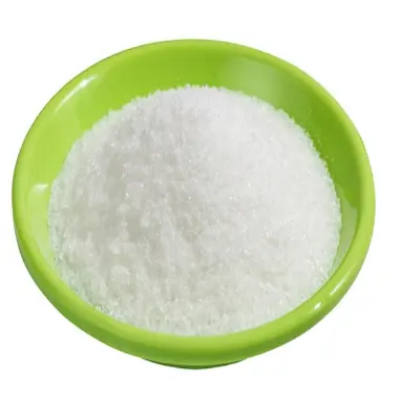
Methyl 3-((tert-butoxycarbonyl)amino)-2-methylpropanoate CAS:182486-16-4
Methyl 3-((tert-butoxycarbonyl)amino)-2-methylpropanoate is a significant compound widely employed in pharmaceutical synthesis and chemical research. Its molecular structure comprises a tert-butoxycarbonyl-protected amino acid derivative with a methyl ester group, offering unique properties essential for various synthetic endeavors. This compound exhibits excellent stability and reactivity, making it a crucial intermediate in the synthesis of diverse chemical compounds. Its structural features enable the creation of complex molecular architectures, facilitating the development of novel pharmaceuticals and specialty chemicals.
-
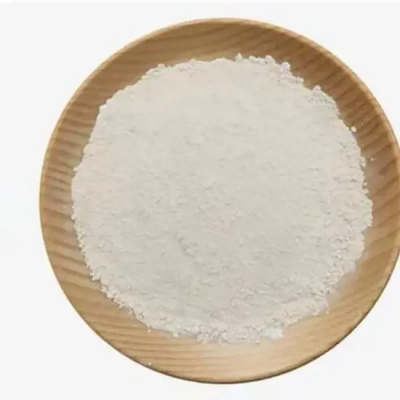
2-(pyridin-4-yl)cyclopropane-1-carboxylic acid CAS:484654-49-1
2-(Pyridin-4-yl)cyclopropane-1-carboxylic acid is a significant compound with versatile applications in pharmaceutical synthesis and chemical research. Its molecular structure comprises a cyclopropane ring substituted with a pyridinyl group, offering unique properties crucial for various synthetic endeavors. This compound exhibits notable stability and reactivity, making it a valuable intermediate in the synthesis of diverse chemical compounds. Its structural motifs enable the construction of complex molecular architectures, facilitating the development of novel pharmaceuticals and specialty chemicals.
-
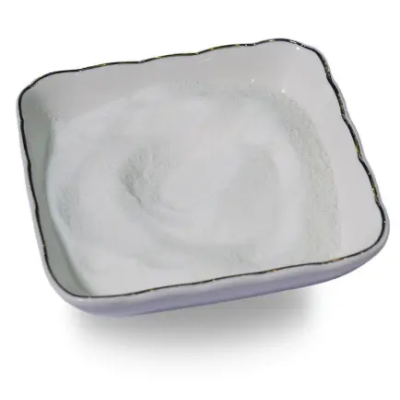
(S)-3-Cbz-amino-2-Boc-amino-propionic acid methyl ester CAS:61040-22-0
(S)-3-Cbz-amino-2-Boc-amino-propionic acid methyl ester is a significant compound widely used in pharmaceutical synthesis and chemical research. Its molecular structure consists of a methyl ester derivative of (S)-3-carboxybenzyl-protected amino acid with a tert-butoxycarbonyl (Boc) protecting group, offering unique properties crucial for various synthetic endeavors. This compound exhibits excellent stability and reactivity, making it a crucial intermediate in the synthesis of diverse chemical compounds. Its structural features enable the creation of complex molecular architectures, facilitating the development of novel pharmaceuticals and specialty chemicals.
-
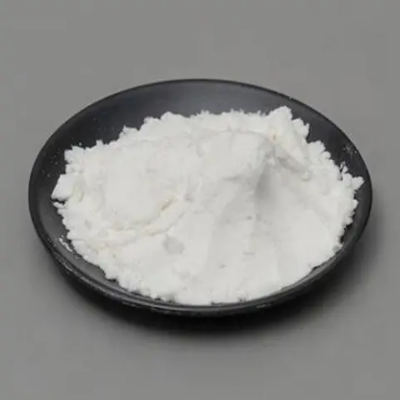
(R)-Methyl2-(((benzyloxy)carbonyl)amino)-3-((tert-butoxycarbonyl)amino)propanoate CAS:96136-12-8
(R)-Methyl 2-(((benzyloxy)carbonyl)amino)-3-((tert-butoxycarbonyl)amino)propanoate is a significant compound with versatile applications in pharmaceutical synthesis and chemical research. Its molecular structure comprises a methyl ester derivative of (R)-amino acid, with tert-butoxycarbonyl (Boc) and benzyloxycarbonyl (Cbz) protecting groups, offering unique properties essential for various synthetic endeavors. This compound exhibits notable stability and reactivity, making it a valuable intermediate in the synthesis of diverse chemical compounds. Its structural motifs enable the construction of complex molecular architectures, facilitating the development of novel pharmaceuticals and specialty chemicals.
-
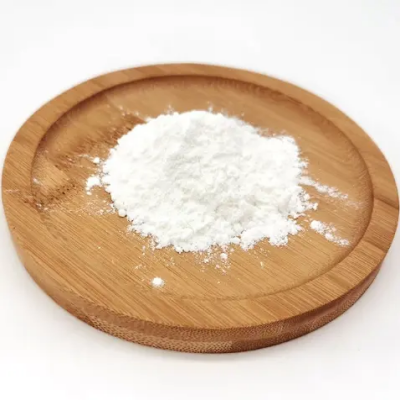
S-(+)-o-Chloromandelic acid CAS:52950-19-3
S-(+)-o-Chloromandelic Acid, also referred to as ortho-chloromandelic acid, is a chemical compound with the molecular formula C8H7ClO3. Typically appearing as white crystalline needles or powder, it demonstrates solubility in various organic solvents. Notably, this compound is recognized for its chlorinated structure and is utilized in diverse chemical processes.
-
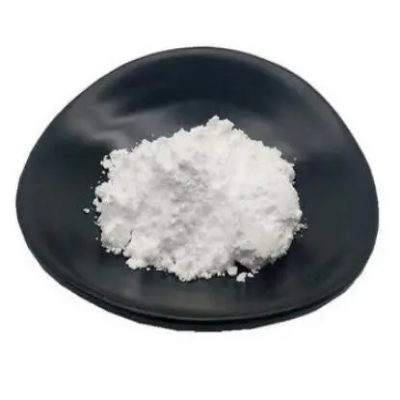
Ruthenium CAS:7440-18-8
Ruthenium is a transition metal element with the atomic number 44 and symbol Ru. It belongs to the platinum group of metals. Ruthenium is silvery-white in appearance and is known for its exceptional hardness and resistance to corrosion.
-
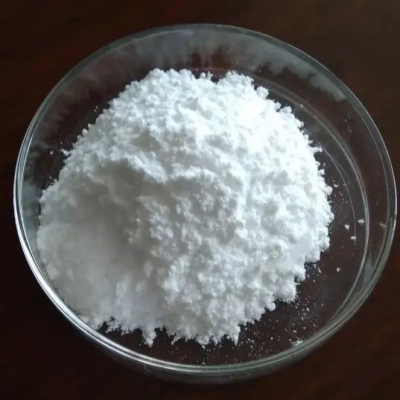
Ruthenium acetylacetonate CAS:14284-93-6
Ruthenium acetylacetonate is a coordination complex containing ruthenium in combination with acetylacetonate ligands. It is commonly utilized in various chemical synthesis processes.
-
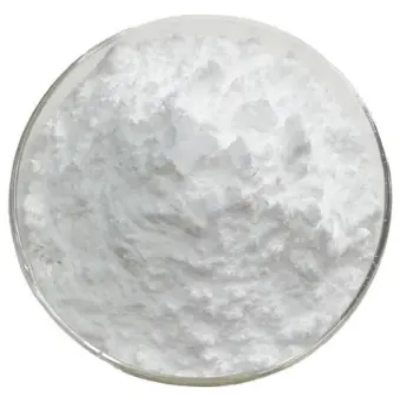
SODIUM TETRACHLOROPLATINATE(II) HYDRATE CAS:207683-21-4
Sodium tetrachloroplatinate(II) hydrate is a chemical compound composed of sodium, platinum, chlorine, and water molecules. It exists as a hydrate in different forms. This compound is notable for its role in various chemical processes due to its unique properties.
-
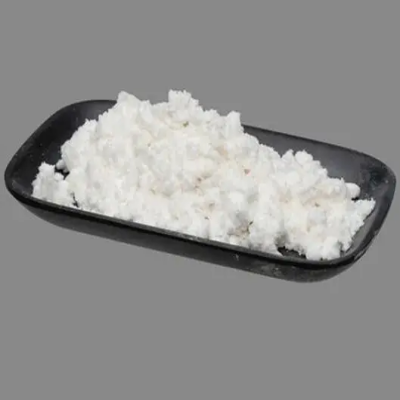
Platinum CAS:7440-06-4
Platinum is a precious metal element with the atomic number 78 and symbol Pt. It is highly valued for its lustrous appearance, resistance to corrosion, and catalytic properties.
-
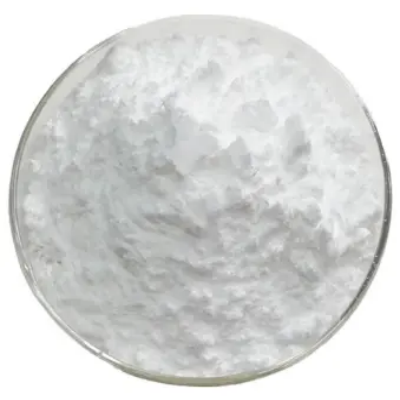
D-(-)-O-Acetyl Mandelic acid CAS:51019-43-3
D-(-)-O-Acetyl Mandelic Acid is a chemical compound with the molecular formula C10H10O4. It typically appears as white crystalline needles or powder and is soluble in organic solvents. This compound is widely recognized for its chirality and is often utilized in asymmetric synthesis and chiral resolution processes.

